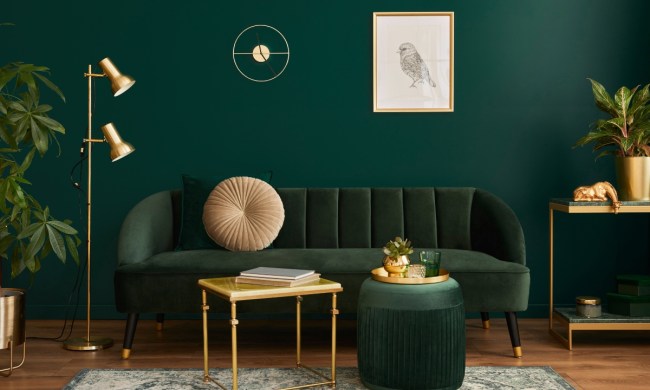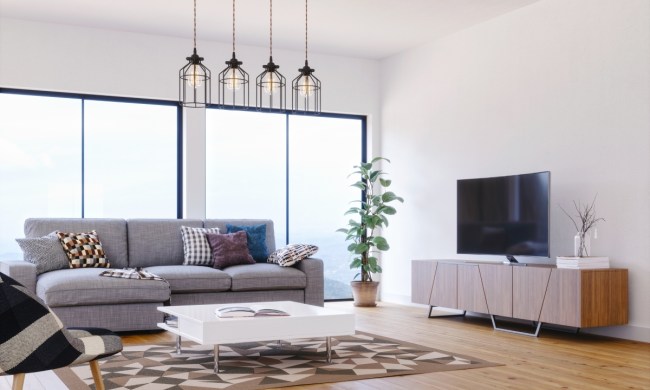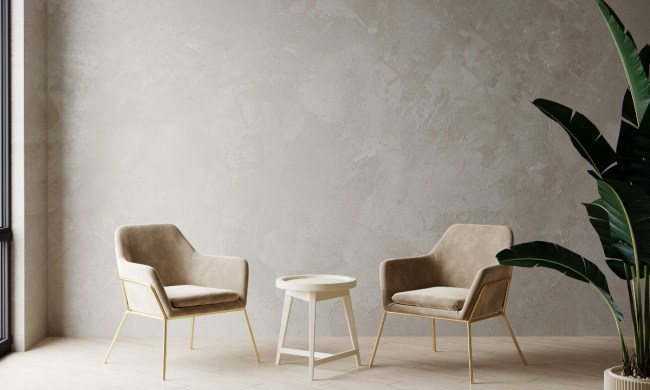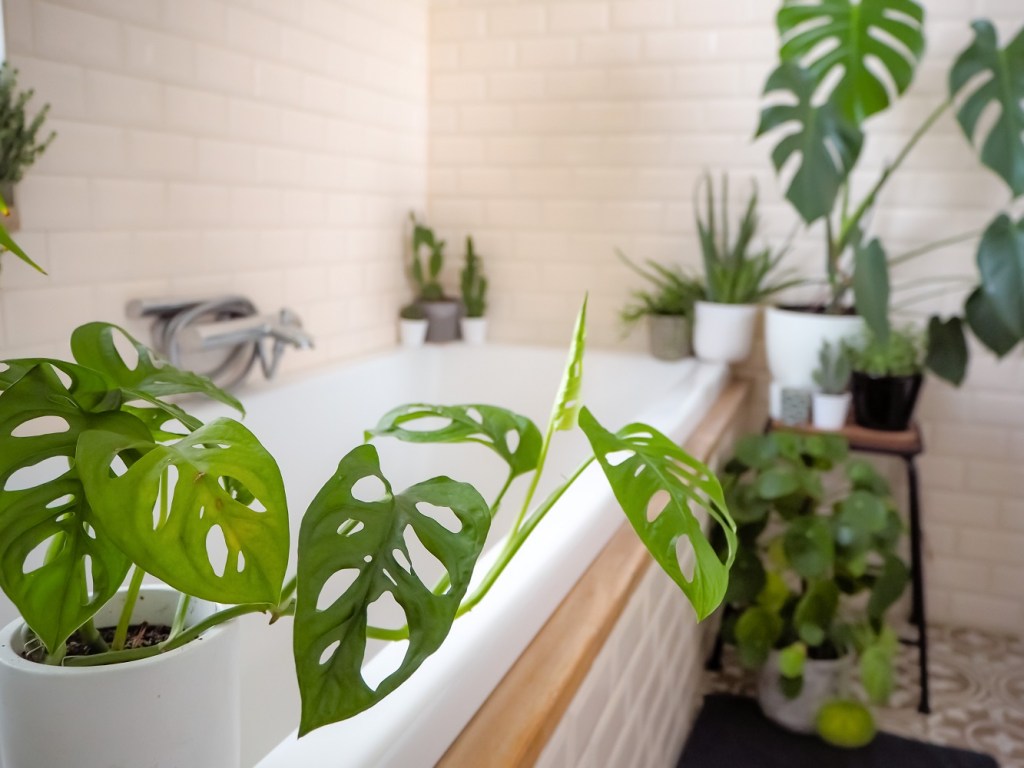
Indoor plants are having a major moment in interior design. Some of the most prominent trends and aesthetics revolve around biophilic design, which involves incorporating greenery and natural materials into your home. But being on-trend isn’t everything; there are tons of reasons why plants are important to have in the home.
From purifying the air and creating a more comfortable environment to boosting relaxation and productivity, greenery can have a massive positive impact on your living space. So why are native plants important in design? Keep reading to discover some science-backed reasons why plant you should start shopping for houseplants today!
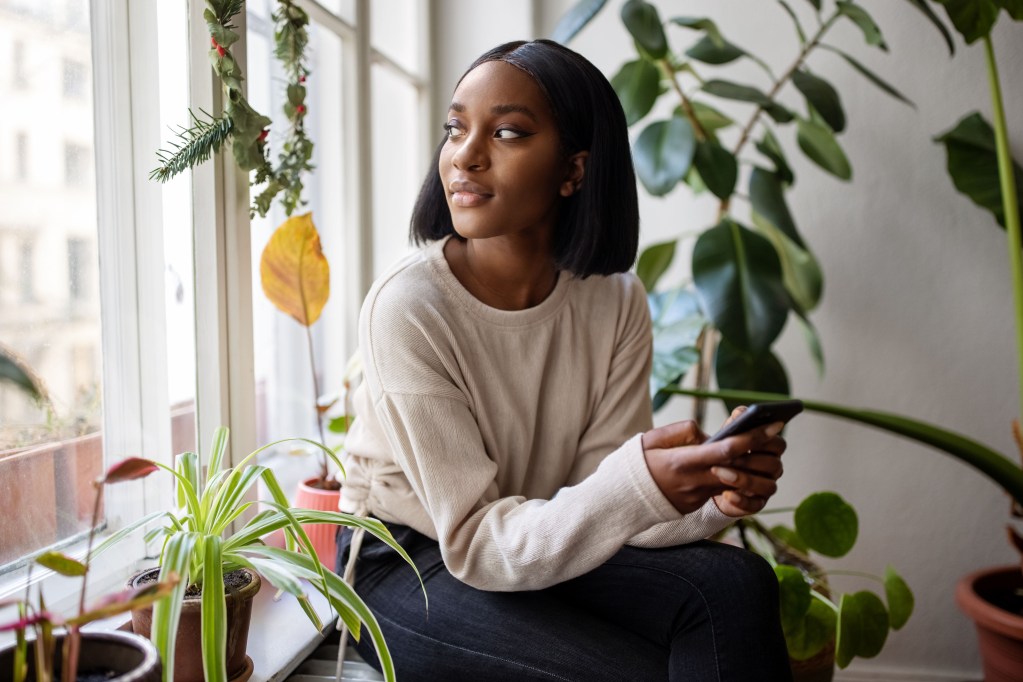
Plants may improve air quality
Some houseplants can freshen the air in your space, purifying it and making it healthier to breathe. NASA made this discovery in the 1980s. The scientists were searching for a way to improve air quality in a sealed spacecraft and found that the roots and soil of plants reduced airborne VOCs. In recent years, the findings have been both confirmed and brought into question by different studies. The study that seemingly disproved the findings suggested that you would need a large number of plants to get the same results as modern air purifiers.
If you do decide to use plants to purify the air in your home naturally, try one of these effective species:
- Boston fern
- Ficus tree
- Rubber tree
- Spider plant
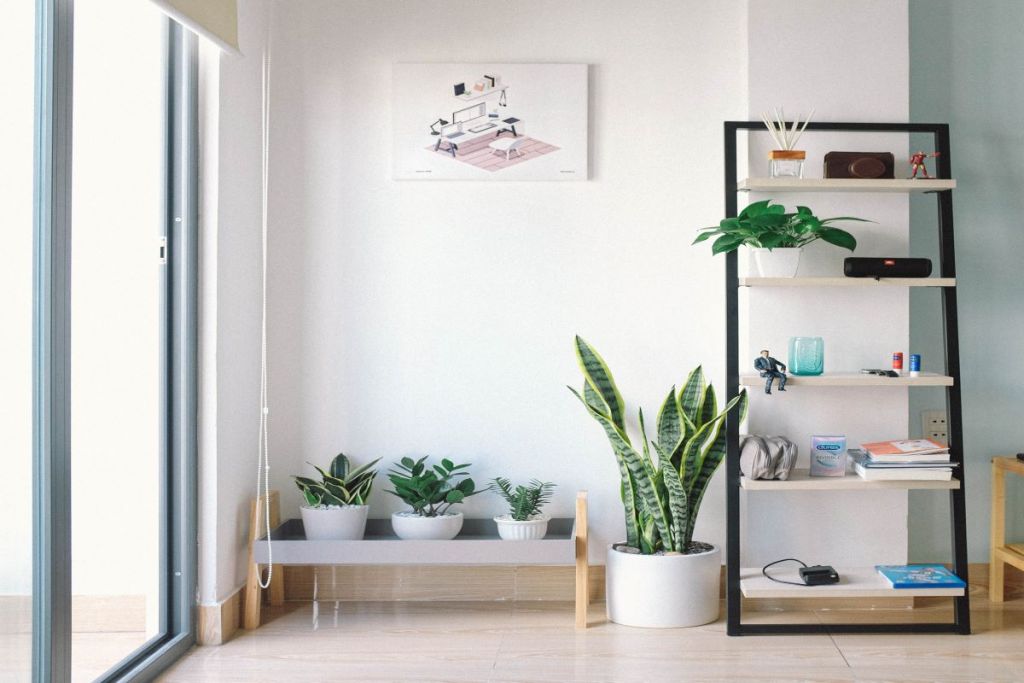
Greenery can promote healing
Having close proximity to plant life has been shown to help people with injury or illness recover faster. Scientists at Kansas State University studied the impact plants had on hospital patients who were recovering from surgery. The patients who had greenery in their rooms had lower blood pressure and heart rates. They also required less pain medication and felt less anxious overall. This evidence suggests that the mere act of being around plant life can be healing. It’s important to note that this study only looked at plants’ impact in hospitals, not in the home, but it’s probably safe to assume you can benefit from the same stress reduction through plants at home as well.
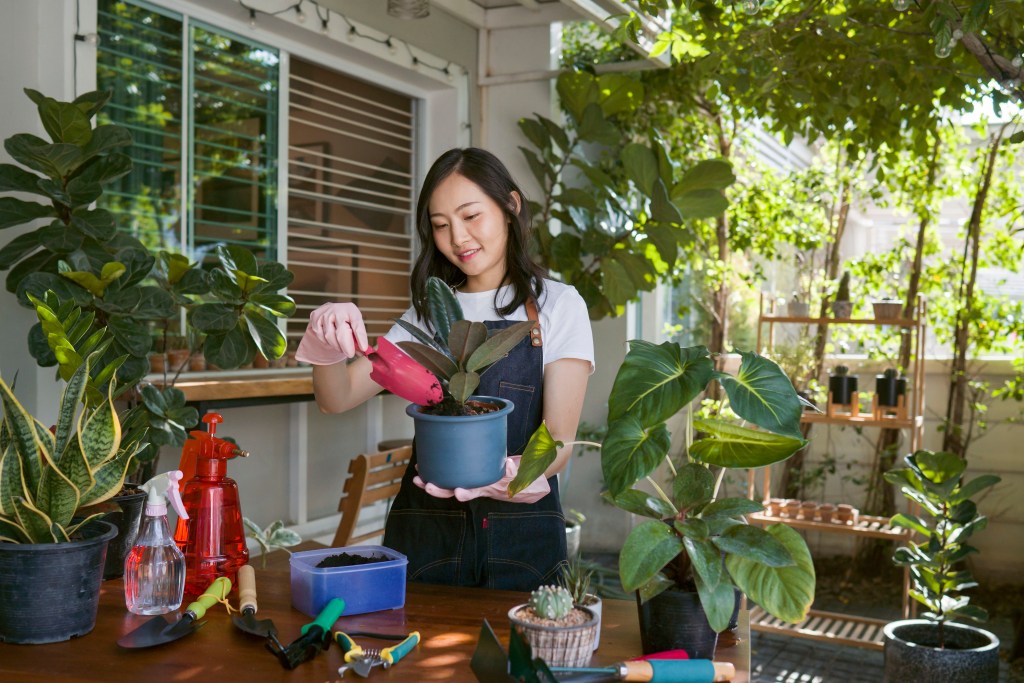
They can lower your stress levels
The positive mental health benefits of nature are well-documented, but even living with and caring for potted plants can help. Houseplants may naturally lower stress levels. One study from the Journal of Physiological Anthropology found that people who cared for plants in their homes or offices felt more soothed and comfortable than those who didn’t. In the study, participants were tasked with either repotting a houseplant or completing a short computer-based project. Researchers then measured their stress-related biological factors like blood pressure and heart rate. The people who gardened had a lower stress response than those who worked on the computer. With these results, researchers concluded that the act of caring for plants reduces the psychological and physiological effects of stress.
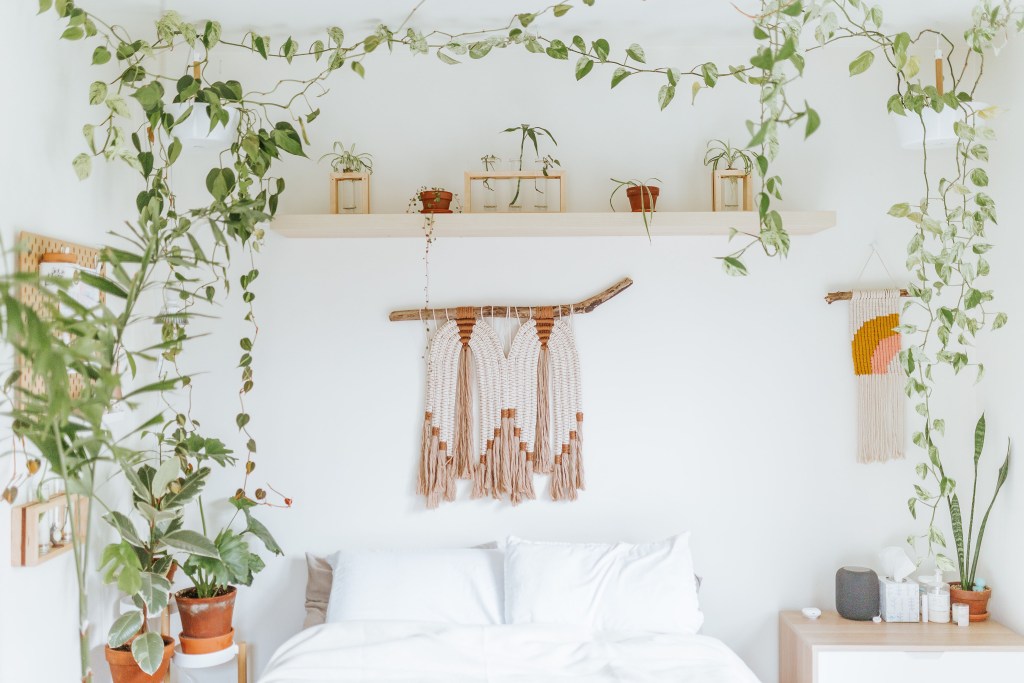
Plants can make your room more comfortable and gorgeous
Indoor plants have an obvious aesthetic appeal, as they can add color and life to any room. Plus, with so many stylish pots and species of plants to choose from, you can really customize your space to fit your design style.
Plants can also be used to solve tricky design challenges and make your space more comfortable. Use a large plant to cover up or draw attention away from unsightly areas. Add natural soundproofing with well-placed greenery. You can also alter the temperature in your home with potted plants. Some plants can be used to increase the relative humidity in the room, or you can place a large plant in front of a sunny window to instantly create some natural shade.

Plant life can increase productivity
Whether you’re working at home or back in the office, decorating with a plant can make a huge difference. Researchers at the University of Exeter discovered that employee productivity increased by 15% when plants were added to a previously plant-less office. Not only can plants make you more productive, but they can also help improve creative thinking and mood while working.
A 2004 study looked at the impact plants have on creativity and task completion. Researchers asked the participants to complete a creative word association task while in a room with a plant, magazine rack, or neither of the items. Researchers found improvements in task performance and mood alike for participants in plant rooms compared with participants in plant-less rooms.

Which plants can benefit your health?
Many plants have health benefits aside from producing oxygen or boosting your mental well-being. Some plants like aloe vera have additional benefits like soothing mild burns, healing acne, or calming irritated skin due to rashes or itchiness. Herbs like lavender, chamomile, rosemary, echinacea, and ginger also have numerous healing benefits. While these plants can’t heal every wound or illness, they can be beneficial to have on hand if you’re looking for a quick and simple solution.
There is so much good that comes from decorating your home or office with plants. Adding plants may improve the air quality in your home and make your space more comfortable overall. Being surrounded by plant life can also make you more productive while working and help you heal faster if you’re injured or ill. Even taking care of plants can improve your mental health and lower your stress levels. Who knew a little greenery could have such a big impact?

